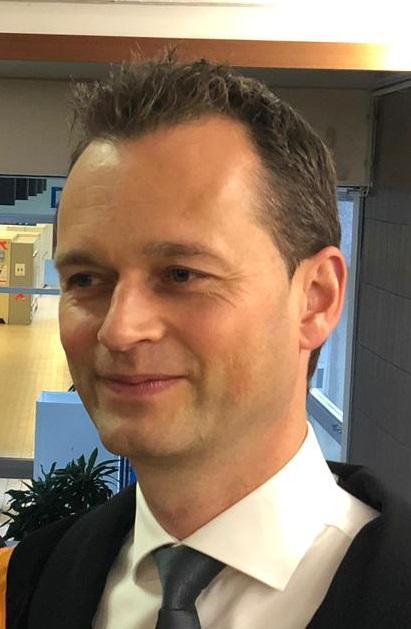Keynotespeaker
Am 7. Forschungssmyposiums Physiotherapie sprechen Prof. Dr. Heidi Höppner am Freitag 17.11.2023 und Joe Nijs am Samstag 18.11.2023 über Ihre Fachgebiete.
Prof. Dr. Heidi Höppner
Interdisziplinarität und Interprofessionalität
Eine Herausforderung für Disziplinen und Professionen im Werden
Freitag, 17.11.2023 – 17:30 – 18:30 Uhr
Räumlichkeit steht noch aus
Wie gelingt eine angemessene Wissenschaftsentwicklung im 21. Jahrhundert, die im engeren Sinne eher eine Spezialisierung mit sich bringt?
Im Kontext komplexer Forschungsfragen reicht eine monodiszplinäre Perspektive in Handlungswissenschaften, z.B. Physiotherapie, nicht aus. Welche Fragen stellen der deutschen Physiotherapie 2023 sich aktuell und künftig angesichts der Forderungen nach Interprofessionalität und Interdisziplinarität?
These ist: Voraussetzung einer zeitgemäße Entwicklung von Forschung und Praxis in der Physiotherapie ist die Reflexion und Integration stärkender Effekte von Interprofessionalität und Interdisziplinarität. Der Beitrag sensibilisiert für Potentiale der Interdisziplinarität und Interprofessionalität in der Wissenschafts- und Praxisentwicklung auf und zeigt Ansätze für die konkrete Weichenstellung zu mehr Kooperation und Vernetzung auf.
Zur Keynote-Speakerin
Professorin für Physiotherapie von 2002-2022 FH Kiel/ ASH Berlin
Seit 2022 Professorin für interprofessionelle Gesundheitsversorgung und Systemgestaltung im Studiengang Interprofessionelle Gesundheitsvesorgung online (IGo) an der Alice Salomon Hochschule Berlin - Studiengangsleitung.
Joe Nijs
Pain never sleeps
Why and how to integrate sleep management in the treatment for patients with chronic pain
Samstag, 18.11.2023, 10:15 – 11:15 Uhr
Räumlichkeit steht noch aus
Chronic pain has a tremendous personal and socioeconomic impact. Lifestyle factors such as physical (in)activity, sedentary behaviour, stress, poor sleep, unhealthy diet and smoking are associated with chronic pain severity and sustainment. This applies to all age categories, i.e. chronic pain across the lifespan.
Yet current treatment options often do not, or only partly address the many lifestyle factors associated with chronic pain, or attempt to address them in a standard format rather than providing an individually tailored multimodal lifestyle intervention. Therefore, this lecture focusses on one key lifestyle factor that is often overlooked and rarely addressed thoroughly: sleep.
Current Understanding of Insomnia to Clinical Practice
Among many people with chronic pain, including patients with osteoarthritis, low back pain, neck pain, post-cancer pain, neuropathic pain, headache and fibromyalgia, insomnia is highly prevalent, closely related to the mechanism of central sensitization, characterized by low-grade neuroinflammation, commonly associated with stress or anxiety, and often does not respond effectively to drug treatments8. This lecture applies the current understanding of insomnia to clinical practice, including assessment and conservative treatment of insomnia in people with chronic pain. Cognitive behavioural therapy for insomnia (CBT-I) can be efficacious in improvements of sleep initiation, sleep maintenance, perceived sleep quality and pain interference with daily functioning in people with chronic pain.
With additional training, physiotherapist-led cognitive-behavioral interventions are efficacious for spinal pain, allowing their implementation within the field. CBT-I, as provided to people with chronic pain, typically includes sleep education, sleep restriction measures, stimulus control instructions, sleep hygiene, and cognitive therapy. This is an exciting, innovative area for the physiotherapy profession. This new development holds great potential for improving care for the many patients with persistent pain who have sleep problems.
Programmpunkte
Workhops
Freitag,17. Nov und Samstag, 18. Nov
Vorträge
Samstag, 18. Nov
Posterpräsentationen
Samstag, 18. Nov



